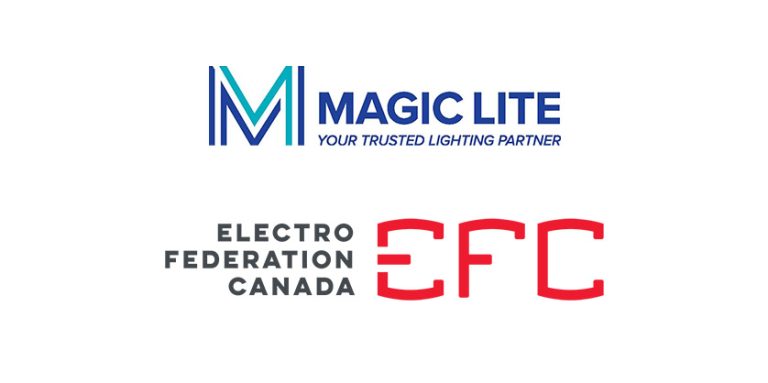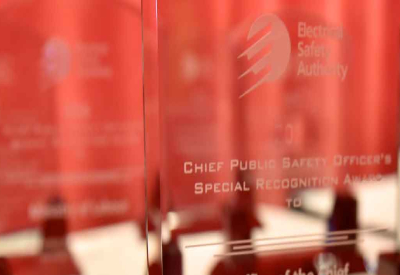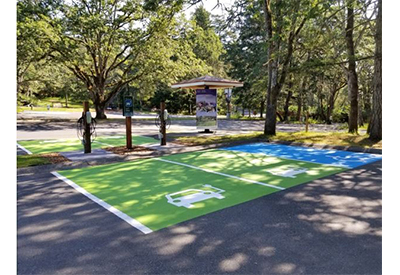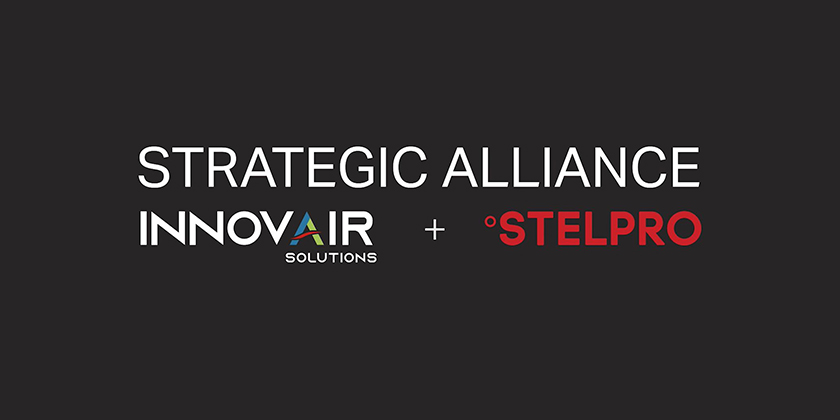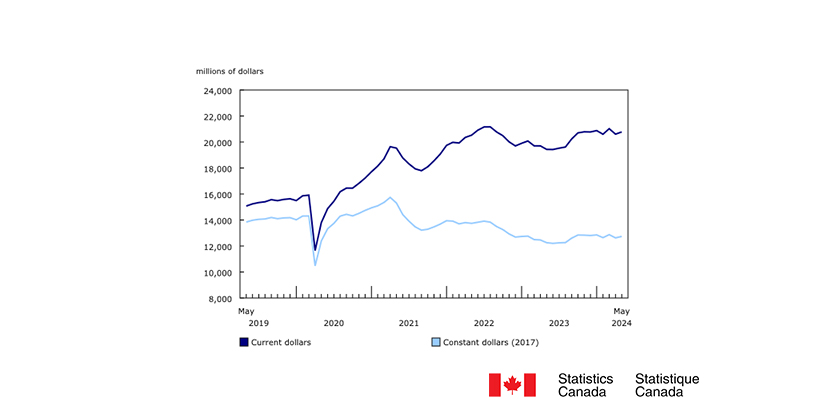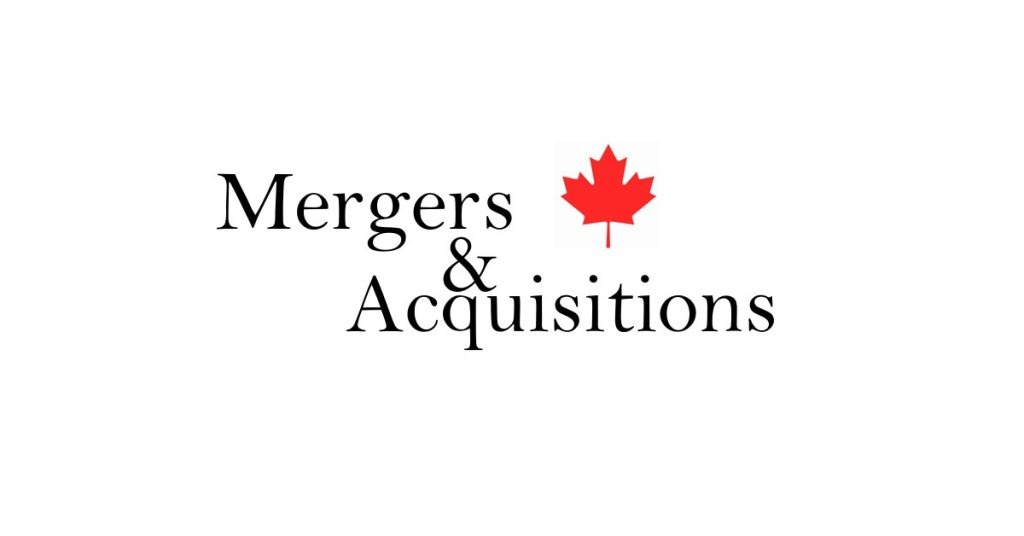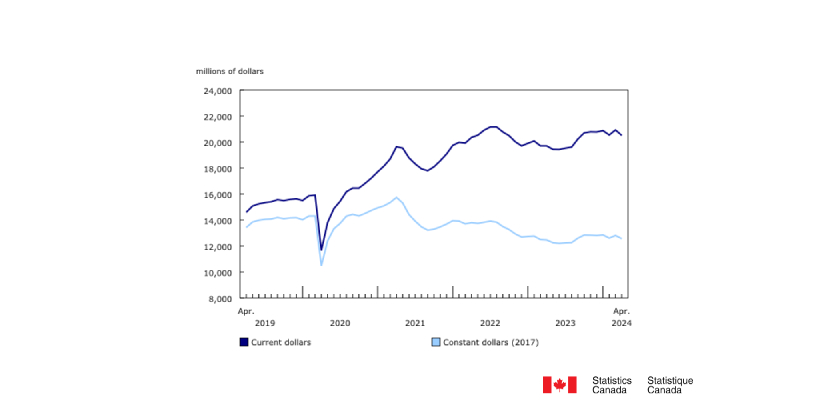B.C. Expanding EV Charging with 250 Public Fast-Charging Stations

April 13, 2023
B.C. will be adding 250 more public light-duty fast EV charging stations, including stations to complete the Electric Highway, a CleanBC Roadmap to 2030 commitment that will make recharging easier in every corner of the province.
The Province is commiting $26 million in new funding to complete the project.
“British Columbians are switching to clean energy and cleaner transportation in record numbers as part of our CleanBC plan and leading Canada in the transition to zero emission vehicles,” said Josie Osborne, Minister of Energy, Mines and Low Carbon Innovation. “The new funding we are announcing today to expand B.C.’s public charging network will help get more EVs on the road, reduce our reliance on fossil fuels, and lower fuel costs for people.”
The Province’s newly released annual report about zero-emission vehicles (ZEV) shows they represented 18.1% of new light-duty passenger vehicles sold in 2022 – the highest percentage for any province or territory. To support British Columbians’ transition to electric vehicles and to help industry lower its emissions, year-end funding of $26 million will go toward the CleanBC Public Charging Program for light-duty vehicle charging.
The 2022 ZEV Update report highlights CleanBC Go Electric rebates and programs that have helped drive growth in the number of electric vehicles in B.C. The number of registered light-duty EVs rose from 5,000 in 2016 to more than 100,000 today – a 1,900% increase in the past six years. Last year, 30,004 zero-emission vehicles were bought in B.C., beating the previous record of 24,263 in 2021.
In addition, the report outlines progress in the installation of public charging stations across British Columbia, which now has one of the largest public charging networks in Canada, with more than 3,800 charging stations at the end of 2022. That compares to just 781 charging stations in 2016.
The CleanBC Roadmap to 2030, released in 2021, details a range of expanded actions to accelerate the switch to cleaner transportation, including strengthening the Zero-Emission Vehicles Act to require 26% of light-duty vehicle sales to be ZEV by 2026, 90% by 2030 and 100% by 2035 — five years ahead of the original target, and implementing the Clean Transportation Action Plan.
CleanBC is a pathway to a more prosperous, balanced and sustainable future. It supports government’s commitment to climate action to meet B.C.͛s emission targets and build a cleaner, stronger economy for everyone.
B.C. zero-emission vehicles, EV charging by the numbers
- This year, B.C. scored the highest of any province or territory in Electric Mobility Canada’s Zero-Emission Vehicles scorecard.
- The CleanBC Go Electric programs and rebates have driven incredible growth in the number of electric vehicles in B.C. – increasing by more than 1,900% in the past six years.
- The number of registered light-duty electric vehicles rose from 5,000 in 2016 to more than 100,000 today.
- In 2022, electric vehicles made up 18.1% of new light-duty passenger vehicles sold, the highest percentage for any province or territory in Canada.
- B.C. has one of the largest public charging networks in Canada with more than 3,800 charging stations at the end of 2022, growing from 781 charging stations in 2016.
- Zero-emission vehicle owners see immediate savings on fuel costs, reducing from approximately $1,800 to $2,500 per year for the average B.C. driver, as well as lower ongoing maintenance costs.
- British Columbia was the first jurisdiction in the world to adopt a 100% zero-emission vehicles law.
- A key CleanBC action is to strengthen the Zero-Emission Vehicles Act to require light-duty vehicle sales to be 26% ZEV by 2026, 90% by 2030 and 100% by 2035, five years ahead of the original target.
- The CleanBC Roadmap to 2030, released in 2021, details a range of actions to accelerate the transition to net-zero and achieve B.C.͛s legislated greenhouse gas emissions targets.
- The zero-emission vehicle sector continues to provide great jobs for British Columbians, with an estimated 270 companies that provide 6,700 full-time jobs and direct contribution of $622 million to the provincial gross domestic product.
- The $26 million in year-end funding for charging stations is in addition to Budget 2022 funding for the public charger program, which allocated $20 million ($10 million for fiscal year 2022-2023, and $10 million for fiscal year 2023-2024).



